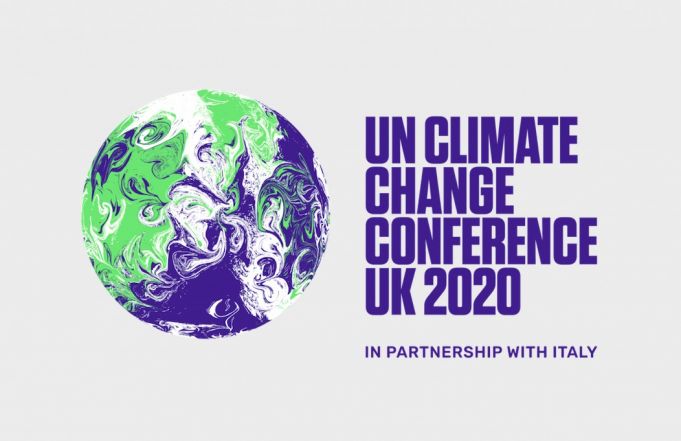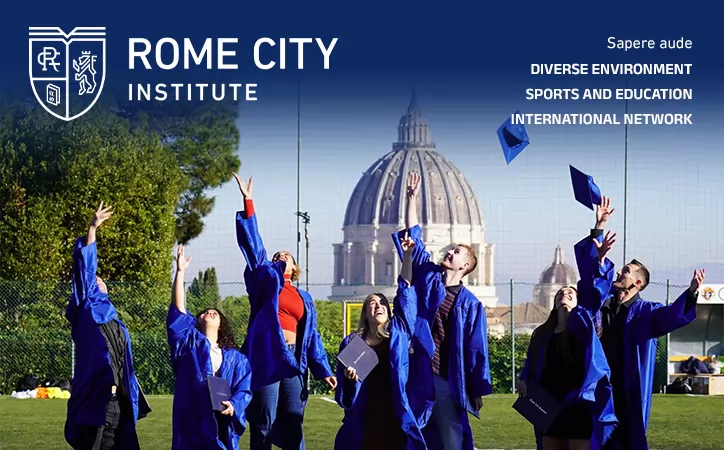UK Ambassador Jill Morris talks to Wanted in Rome about Brexit and Britain's future relationship with Italy and the European Union.
By Marco Venturini
What are the most recent developments in the Brexit talks with the European Union and what, in your opinion, are the most probable outcomes?
Negotiations are still continuing. An agreement is our goal and we believe it is still possible. As our Prime Minister Boris Johnson said we need an agreement by 15 October if it is going to be enforced by the end of the year. There are large areas of convergence on many topics and in other areas we are trying to reduce the gaps. We want a relationship with the EU that is based on our shared history, our shared values and on friendly cooperation. The new relationship should be centred on free trade just like the EU has with other partners such as Canada.
How is Brexit going to affect Italy, specifically British citizens living in Italy and Italian citizens living in the UK?
The protection of citizen’s rights for UK nationals in the EU and for EU nationals in the UK has been a top priority of the British government right from the beginning.
We’ve been working very hard on this here in Rome and with our Italian colleagues in London. The Withdrawal Agreement protects the rights of UK nationals who live, work and receive healthcare in Italy along with their close family members. Their rights are lifelong and last as long as the UK citizen is resident in Italy. The same of course applies to Italian nationals are resident in the UK.
Hundreds of thousands of Italians in the UK have already registered for the EU Settlement Scheme and they have time until June 2021 to do so. The settlement scheme is what will give the protection under the Withdrawal Agreement.
In Italy we are advising UK nationals to register their residency as soon as possible if they haven’t done so already, this will allow them to prove their rights under the withdrawal agreement.
We’ve developed a series of newsletters and guides to provide UK citizens with all the information they might need. We are very active on our Facebook page and social media. We have also produced a series of videos on “How to” and the first one on how to register your residency is now available on our Facebook page. We have worked with ANCI, Associazione Nazionale Comuni Italiani, to produce a guide for town halls on handling UK nationals this year and that will soon be made available for local authorities and for UK nationals living here.
It is important to remember that the Withdrawal Agreement provisions on citizens’ rights are agreed and remain valid whatever the outcome of the current negotiations on the Future Relationship.
Has there been an increase in British citizens moving to Italy or, eventually, moving back to the UK?
The latest figures for UK nationals living here show a total of 31,183 for 2019 which is a 6.9 percentage increase on the previous year.
The work of the embassy is also focused on giving information to people travelling back and forwards to the EU. We have also developed a special communication campaign to raise awareness on passport controls from next year, and the limit on stay time allowed without visas.
How is the embassy going to boost the UK’s image in the new year?
We have a very big agenda. Bilateral engagement in Italy remains very strong. Here at the embassy we call 2021 “The year of presidencies”. The United Kingdom is going to hold the presidency of G7 whilst Italy will hold presidency of G20. Furthermore, we are working in partnership on the UN climate change summit, COP26, with the pre-COP to be held in Milan in October and the summit in November in Glasgow. So next year we’ll be working together bilaterally, and it will be the opportunity to show our combined global leadership and drive the green and inclusive economic recovery that both our countries want to see.

Our cultural partnership is also flourishing. The British Council has just launched its UK-Italy season of cultural events. A truly fantastic showcase for British artists in Italy.
Since September, being in strict adherence to the covid-19 safety protocol, we’ve started to engage more publicly. My first visit since lockdown has been to San Marino.
We are also continuing our work with Italian partners focusing on diversity, women's empowerment, Black Lives Matter and social inclusion.
Is there a common strategy in how Italy and the UK are preparing for COP26?
We have a great collaboration with our Italian partners. There is a joint task force that has been working to coordinate our international efforts. British and Italian embassies are working together worldwide to drive awareness and ambition, and to help reach the goals of COP26.
What will be the UK’s strengths and weaknesses post Brexit?
I think one of the great strengths for the UK is going to be our membership in a number of international forums: NATO, UN Security Council, G7, G20, Commonwealth just to name a few. We believe our membership gives us the opportunity to work with our international partners to drive our agenda having an advantage on a multilateral level.
In terms of a bilateral relationship we have deep personal links. We also have the advantage of working with our European partners.
Obviously, this is also a difficult time for all governments that have to deal with health emergencies and are trying to keep citizens safe and our economies alive. This is a challenge for all governments and for the UK as well.
What is the future relationship with Italy going to be like?
Brexit brings us a number of opportunities. Although the UK has left the EU, we haven’t left Europe. We have a shared history, culture and values. We want to be a force for good in the world and we want to enable free trade and defend our democracies.
All through 2021 the public will see, on the global stage, how UK and Italy will stand shoulder to shoulder to promote and drive our shared interests and shared values. A good example is the work we are doing on vaccines. We’ve been working very closely to make sure that when there is a vaccine it is accessible to all.
In Rome we also have our representations to the UN agencies, such as the Food and Agriculture Organization, the World Food Programme and the International Fund for Agricultural Development and we are looking at what we can do to bring our common goals together.
On a more personal note, how did you spend the recent quarantine, how do you think Italy and the Italians dealt with it, and do you fear the possibility of a new lockdown?
I spent quarantine here in Rome and like everybody we very quickly moved to working from home.
I have to say I’ll never forget hearing the singing from the balconies, hearing the Italian national anthem and the images that we all saw online and on TV. I’ll never forget that great sense of solidarity throughout Italy.
Everybody has been hugely impressed by how the Italian government responded and how the Italian people have responded with great responsibility to this challenge.
We’ve just seen the British prime minister announce new restrictions in the UK. We must reduce the level of transmission so it’s really important that everybody respects the rules. Nobody wants to see a national lockdown anywhere. We must keep people safe and try to protect the economy.
Since the beginning of the covid-19 pandemic there has been a huge interest in how other countries responded to the different challenges. As an embassy we inform London on a regular basis on what other countries are doing and what we can learn. We are all trying to learn from each other.
Main ph: iassp


















